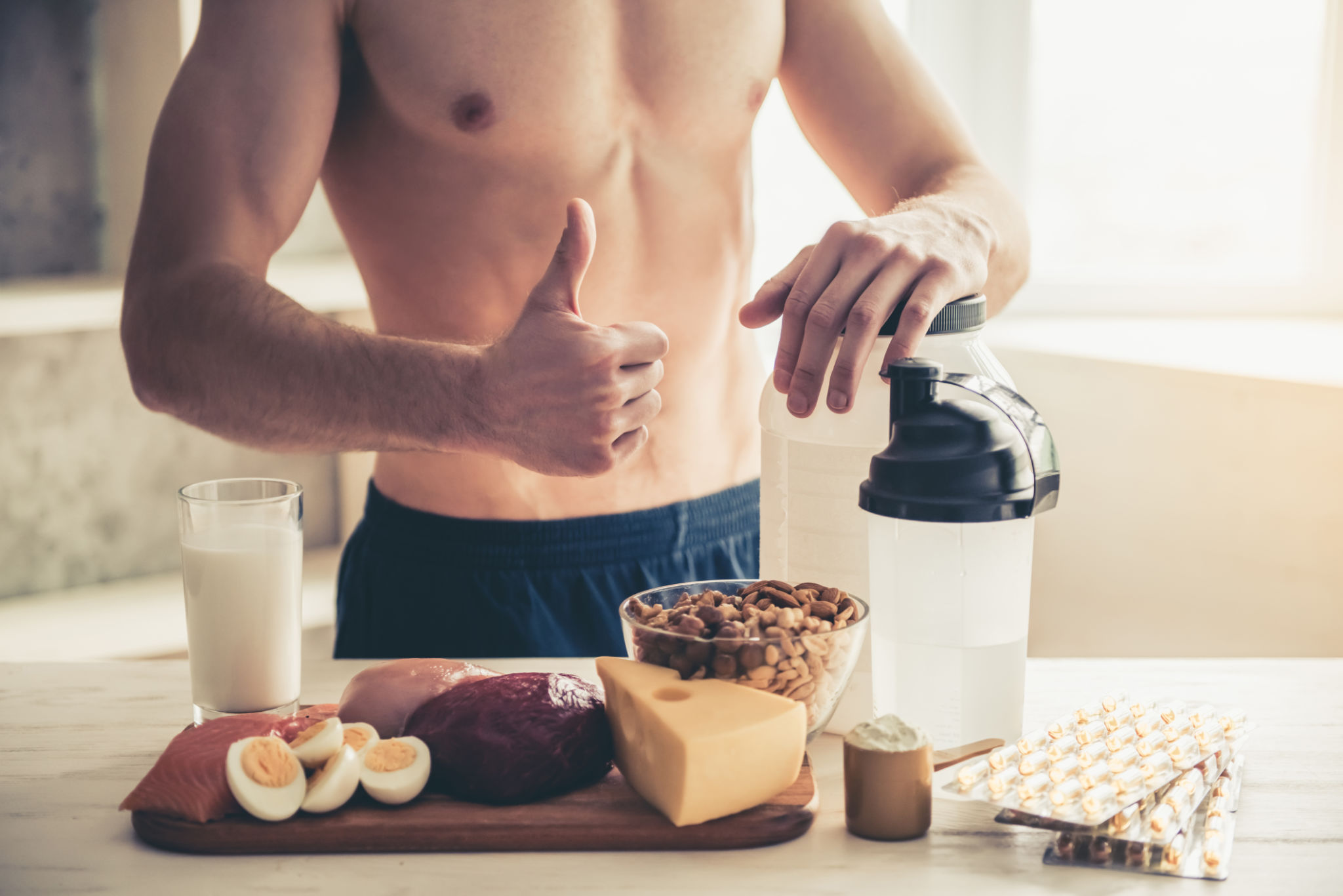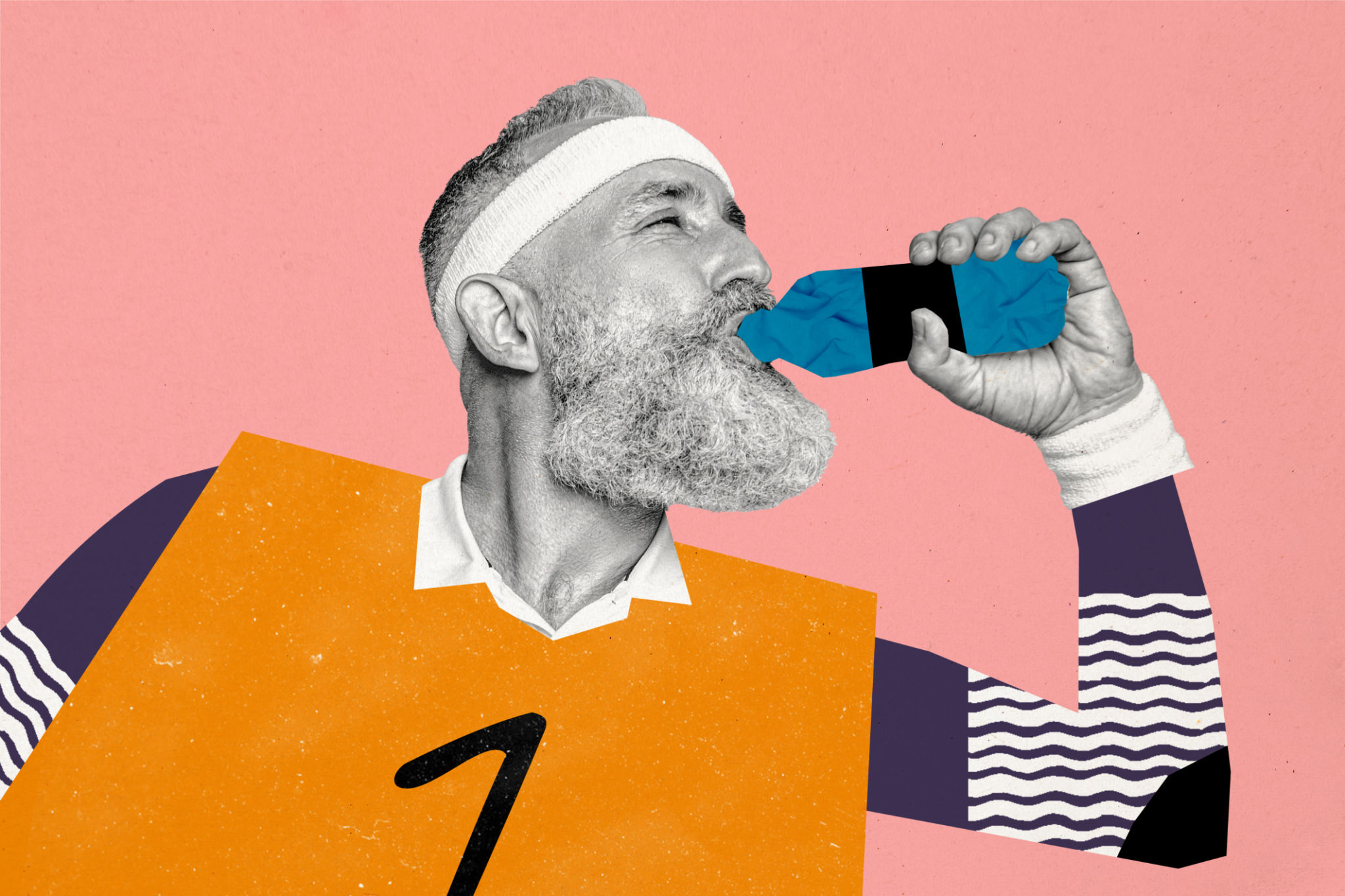Creating a Performance-Boosting Meal Plan for Young Athletes
Understanding the Nutritional Needs of Young Athletes
Young athletes require a well-rounded diet that supports their growing bodies and enhances their athletic performance. Ensuring they receive the right balance of macronutrients—carbohydrates, proteins, and fats—is crucial. Carbohydrates are particularly important as they provide the primary source of energy needed for high-intensity activities.
Proteins are essential for muscle repair and growth, while fats are necessary for hormone production and overall health. Incorporating a variety of foods from each food group ensures that young athletes receive the vitamins and minerals necessary for optimal performance.

Planning Balanced Meals
When creating a meal plan for young athletes, it is important to focus on balanced meals that include a variety of food groups. A typical meal should consist of the following:
- Carbohydrates: Whole grains, fruits, and vegetables provide essential energy.
- Proteins: Lean meats, poultry, fish, eggs, dairy products, and plant-based proteins like beans and lentils.
- Fats: Healthy options such as avocados, nuts, seeds, and olive oil.
Incorporating these elements into each meal can help maintain energy levels and support recovery after exercise.
Meal Timing and Frequency
The timing of meals and snacks is as important as the food itself. Young athletes should aim to eat small meals every 3 to 4 hours to maintain energy levels throughout the day. A good schedule might include three main meals and two to three snacks. Eating a balanced breakfast within an hour of waking up kickstarts metabolism and provides energy for morning activities.

Pre- and post-workout nutrition is also vital. A snack or light meal containing carbohydrates and protein consumed 1 to 2 hours before exercise can help sustain energy levels. Post-workout meals should be consumed within 30 to 60 minutes after exercise to replenish glycogen stores and support muscle recovery.
Hydration: An Essential Component
Proper hydration is critical for young athletes, as even slight dehydration can impair performance. Encourage kids to drink water regularly throughout the day, not just during physical activity. The amount of water required can vary depending on the individual's size, activity level, and environmental conditions.
A good rule of thumb is to drink at least half their body weight in ounces per day. During intense training or competition, sports drinks may be helpful to replace electrolytes lost through sweat.

Supplementation: Do Young Athletes Need It?
While many adults turn to supplements for a performance edge, young athletes typically do not need them if they are consuming a well-balanced diet. Whole foods should always be the primary source of nutrition. However, in some cases, supplements like vitamins or protein powders may be considered if dietary restrictions exist or specific nutrients are lacking.
Before introducing any supplements, it’s important to consult with a healthcare provider or a registered dietitian to ensure they are safe and necessary.
Encouraging Healthy Eating Habits
Instilling healthy eating habits in young athletes is essential for their long-term health and performance. Parents and coaches can play a pivotal role by setting positive examples and providing guidance on choosing nutritious options. Encouraging kids to be involved in meal planning and preparation can also foster a better understanding of nutrition.
Ultimately, creating a performance-boosting meal plan is about balance, variety, and consistency. By focusing on these principles, you can help young athletes achieve their full potential both on and off the field.